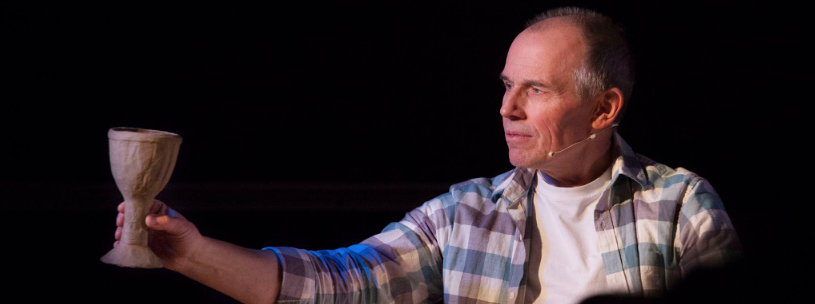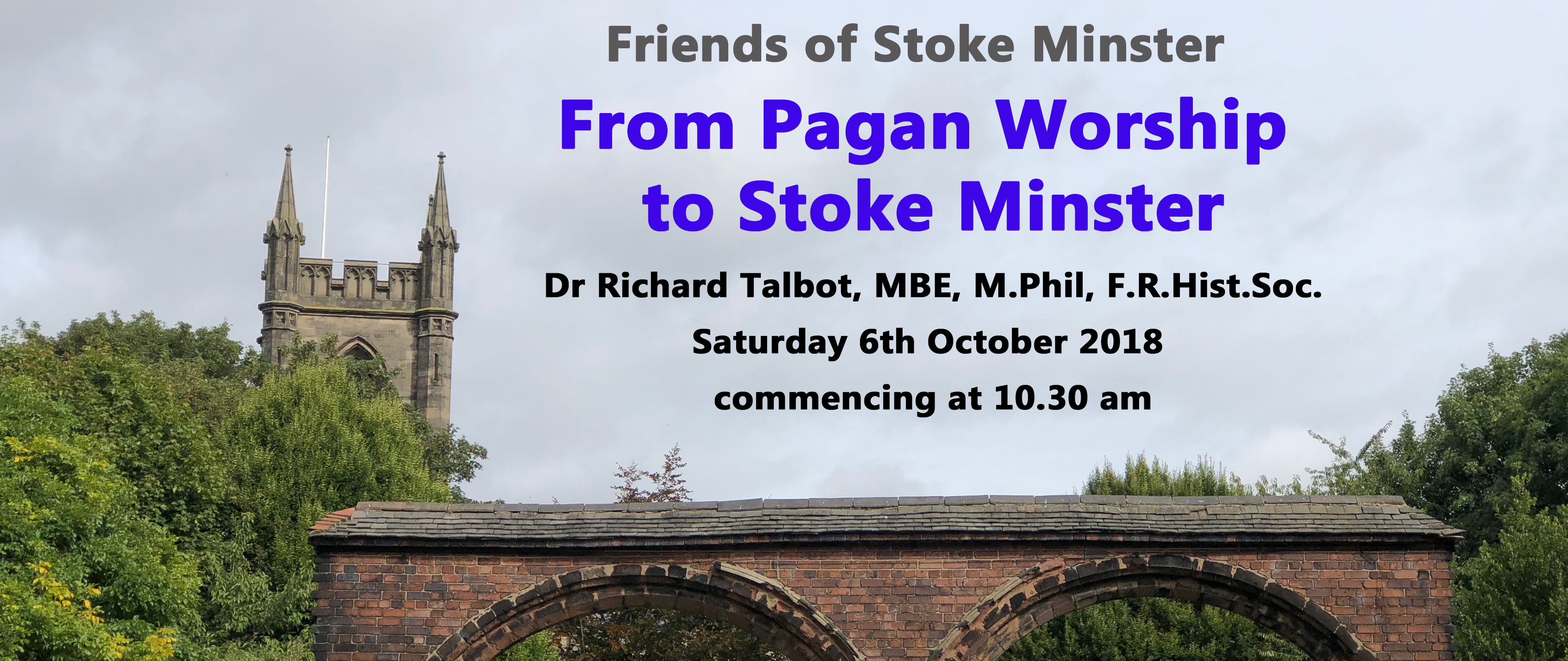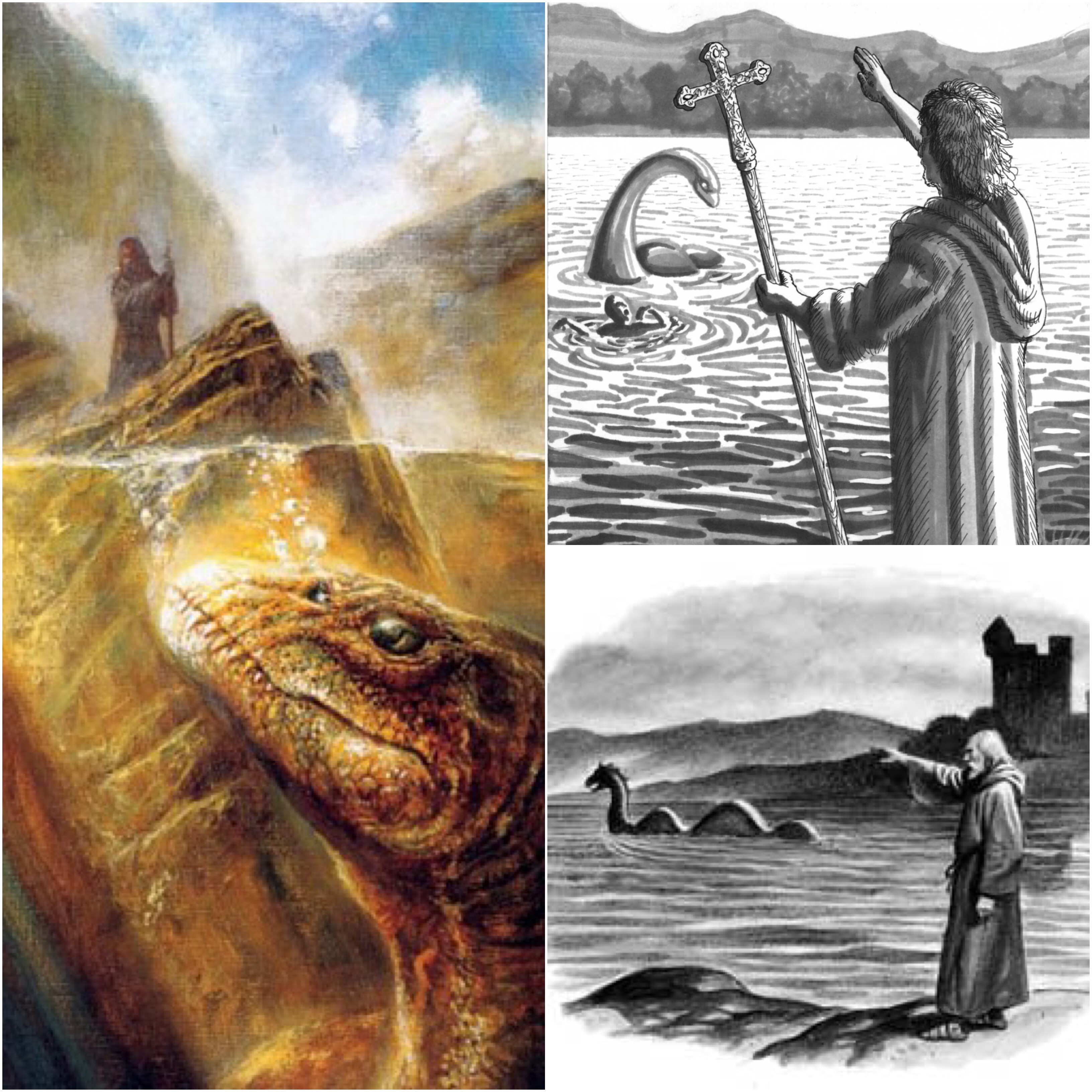
Bible reading: Romans 15v13 (AMP)
‘May the God of hope fill you with all joy and peace in believing [through the experience of your faith] that by the power of the Holy Spirit you will abound in hope and overflow with confidence in His promises.’
Reflection: What a goal…A life surrendered to God just gets better and better! Why? Because the more experiences we go through, looking to Him and aligning our lives with what He says, the more we will ‘abound in hope and overflow with confidence’! What great reward? Not held captive by fears, or worries about tomorrow. Talk about overcoming!
Jesus is our example. You know the story. When crossing Galilee, “suddenly a violent storm arose…that the boat was being covered by the waves; but Jesus was sleeping. And the disciples went and woke Him, saying, “Lord, save us, we are going to die!” He said to them, “Why are you afraid, you men of little faith?” Then He got up and rebuked the winds and the sea, and there was [at once] a great and wonderful calm.”
Consider Jesus…He was so unaffected it didn’t even disturb his sleep! He only awoke because the disciples woke him. For Jesus the storm was no threat. His life and future was perfectly held in Father’s hands. He only rebuked the storm because that’s where the disciples’ faith was at, not His! The encouragement to us in our challenges is this: “Don’t listen to the voices of the wind and the waves around you! Align with my peace and confidence in the boat with you!” As we mature in faith and trust, God is making us more like Jesus. Keep surrendering to His truth, and the “God of hope” will increasingly shine through you. As the hymn ‘Great Is Thy Faithfulness’ proclaims, we are examples of lives filled with “strength for today and bright hope for tomorrow”!
(Jon Bellamy – Crossrhythms)
Give thanks for the hope in God that inspires you day after day.
Prayer points:
for hope for young people in our city struggling with self worth; for the lifting of downtrodden communities in our nation;
for churches across Europe to have a bold witness to their faith in Jesus.






 According to the biographical account of Adamnan, on this day in 565 St. Columba encountered the Loch Ness Monster. The story goes that Columba was contemplating how to cross the loch, when he saw some Picts mourning the death of one of their community. They spoke of how a great “water beast” had tried to eat the man, but they had managed to save him from its grasp, although unfortunately he was too injured.
According to the biographical account of Adamnan, on this day in 565 St. Columba encountered the Loch Ness Monster. The story goes that Columba was contemplating how to cross the loch, when he saw some Picts mourning the death of one of their community. They spoke of how a great “water beast” had tried to eat the man, but they had managed to save him from its grasp, although unfortunately he was too injured.
